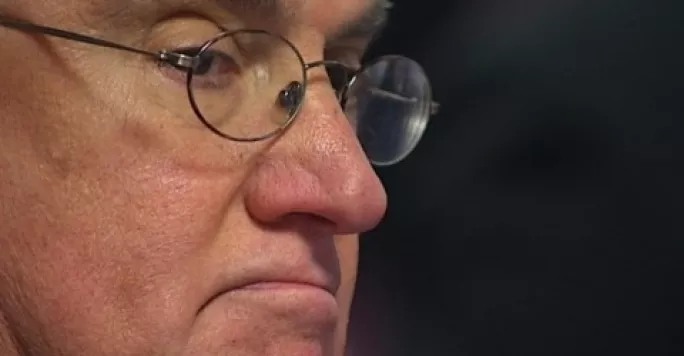Scrap ‘unreliable’ lesson observations from Ofsted inspections, says Policy Exchange
“Unreliable” lesson observations should be ditched from Ofsted inspections, a radical report on the future of the watchdog has claimed.
Policy Exchange, the right-leaning thinktank founded by Michael Gove, has also called on the inspectorate to consider ending its contracts with private firms which provide additional inspectors, arguing that many of them lack the specialist skills, knowledge and experience needed to judge schools fairly.
The highly critical report warns that this leads to schools “taking a lowest common denominator approach and making decisions on what Ofsted will understand” which are not in the best interests of students.
Policy Exchange says that brief lesson observations by inspectors can lead to conclusions which are neither “valid nor reliable”.
“At the moment a team of external observers watching a handful of lessons can make a judgement on the quality of teaching which trumps the view of the school itself,” said report author Jonathan Simons, the thinktank’s head of education.
“The evidence suggests that when it comes to relying on the judgement of a trained Ofsted inspector on how effective a lesson, you would be better off flipping a coin.
“More needs to be done to drive up the quality of inspectors. Heads and teachers must feel confident that the person running their eye over their school is a specialist, preferably with recent teaching experience.
“Inspectors don’t need to be rocket scientists but they must also have the ability to interpret the increasing amounts of data on the performance of schools, and understand the different ways in which schools are now operating. Schools should not be forced to second guess what the inspector coming through the door will be like.”
At present, the report says, three private firms employ around 3,000 inspectors, compared to fewer than 400 who work directly for Ofsted.
The report argues that many of the additional inspectors “lack the necessary skills, especially the ability to analyse data, or the experience or specialist knowledge in primary or special needs teaching”.
All inspectors, the report says, should have “relevant and recent teaching experience”, and should have to pass an exam on analysing data and making reliable inspection judgements.
It also calls for a two-stage inspection process, under which all schools would be given a short inspection. Those which failed to attain a good or outstanding rating would then be given a longer “tailored inspection”, which would last for twice as long as current inspections and “allow inspectors the time to really understand the school and its data”.
Tensions have been running high between the watchdog and the Department for Education in recent weeks following Mr Gove’s decision to act against chief inspector Sir Michael Wilshaw’s wishes and oust Baroness Sally Morgan as Ofsted chair.
Michael Cladingbowl, Ofsted’s national director for schools, said the watchdog was “looking at how inspection should develop in the coming years”.
“We welcome Policy Exchange’s recommendations - many of which chime with our own - and will be studying them more closely in the coming days,” he added.
However he insisted that lesson observations were a “key way of gathering evidence about the quality of teaching” in schools.
Another thinktank, Civitas, has suggested that the government should take away the watchdog’s powers to inspect free schools and academies, which the Association of School and College Leaders has called for the current grading system to be changed.
Keep reading for just £1 per month
You've reached your limit of free articles this month. Subscribe for £1 per month for three months and get:
- Unlimited access to all Tes magazine content
- Exclusive subscriber-only stories
- Award-winning email newsletters




